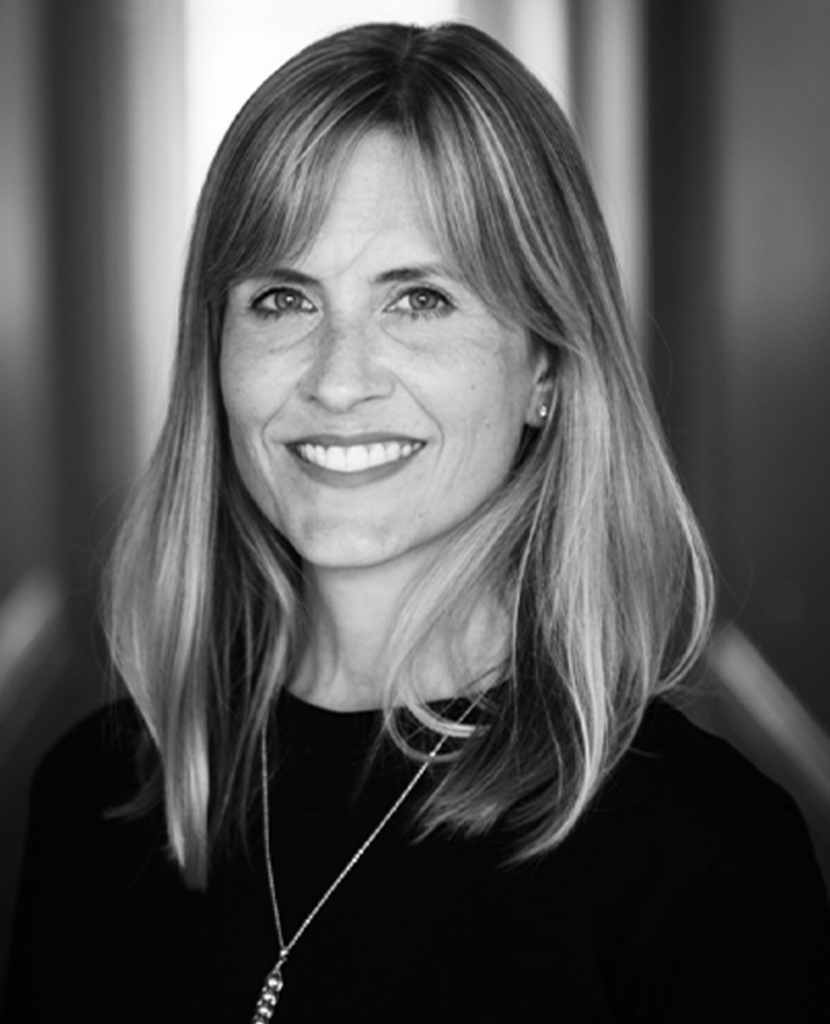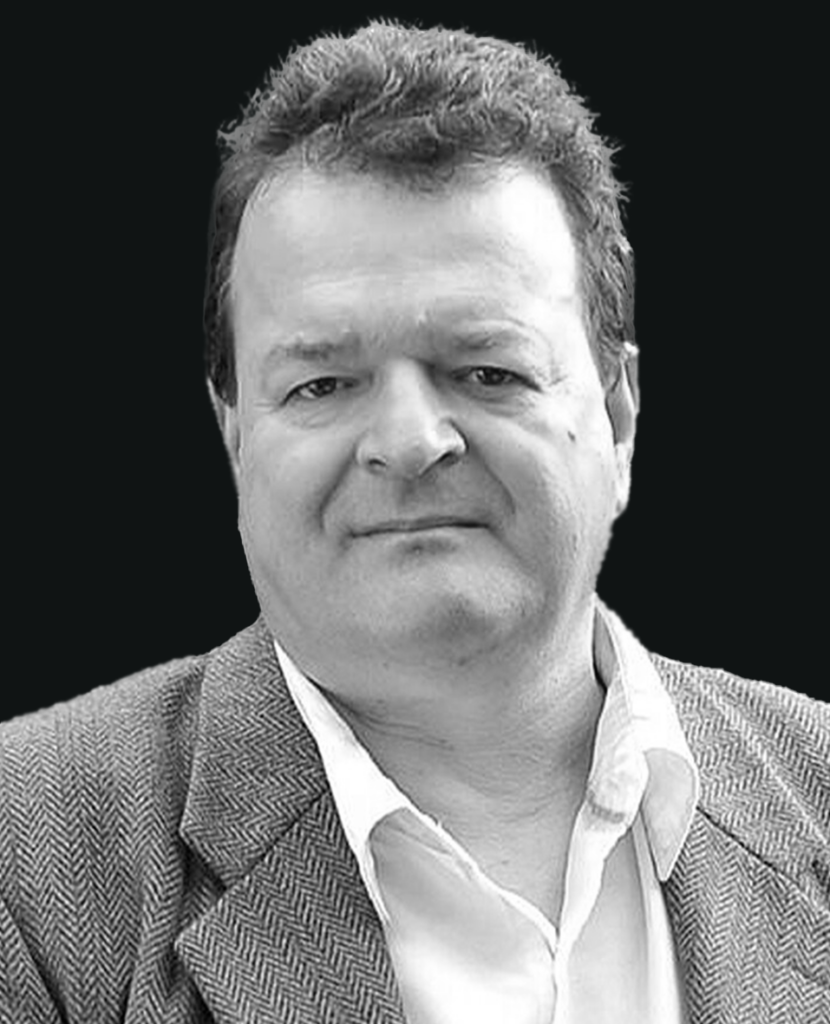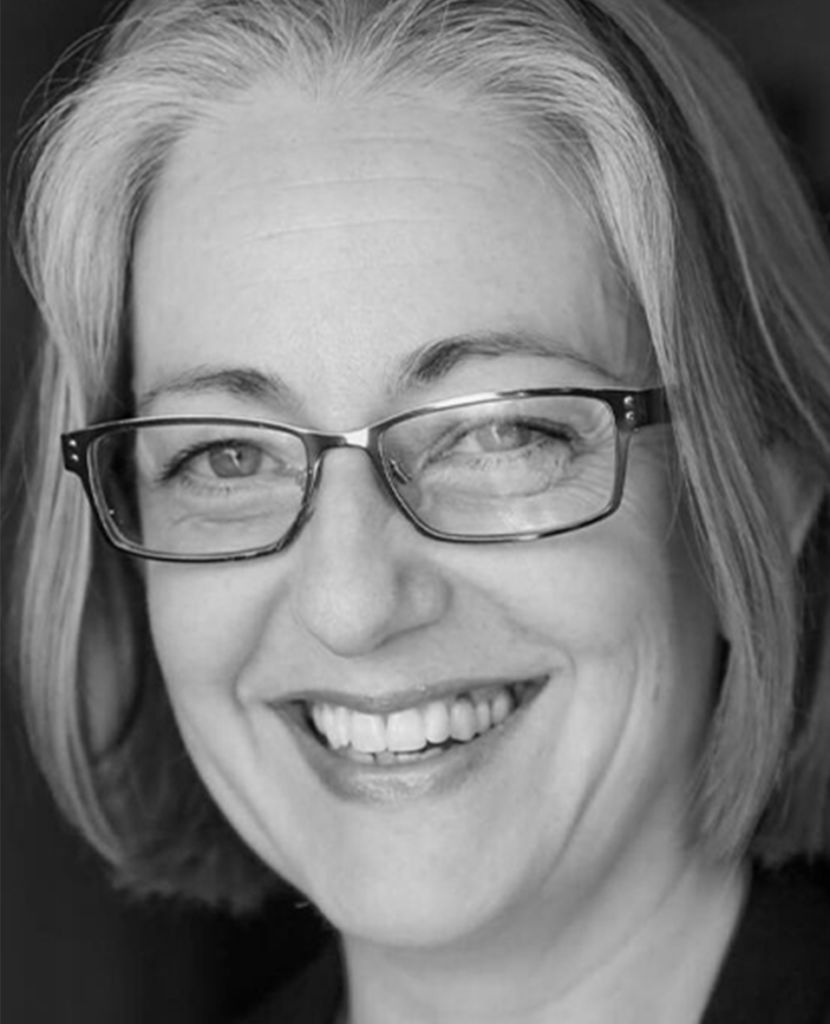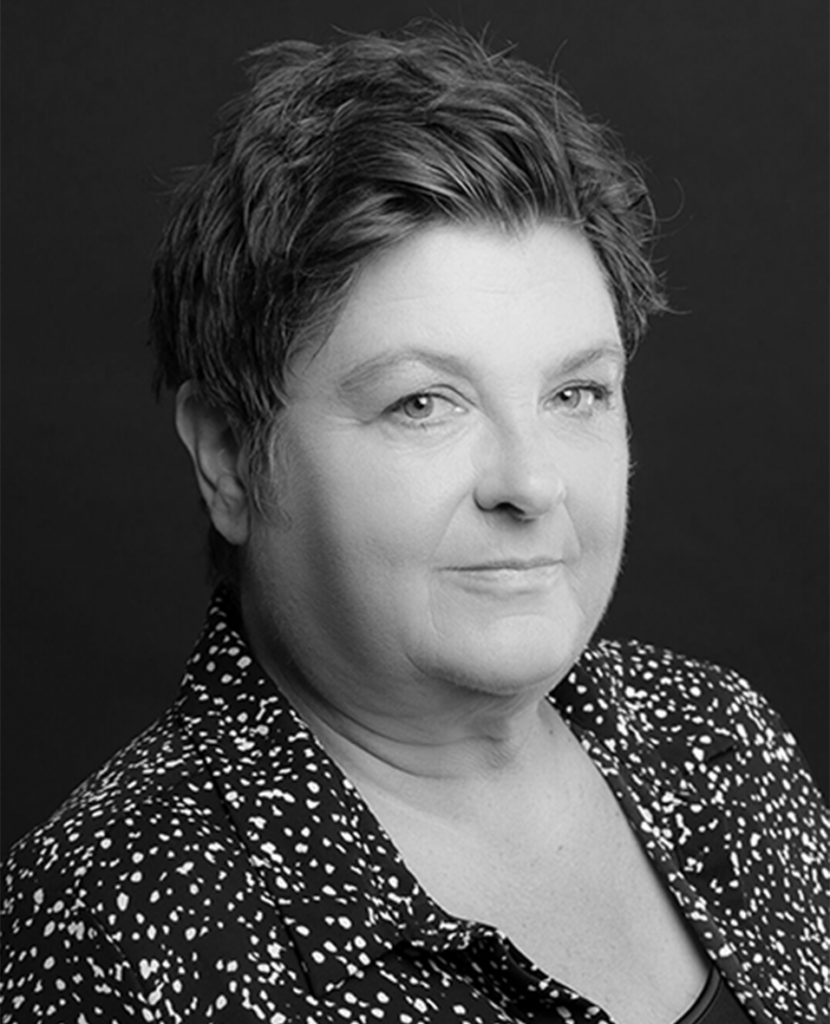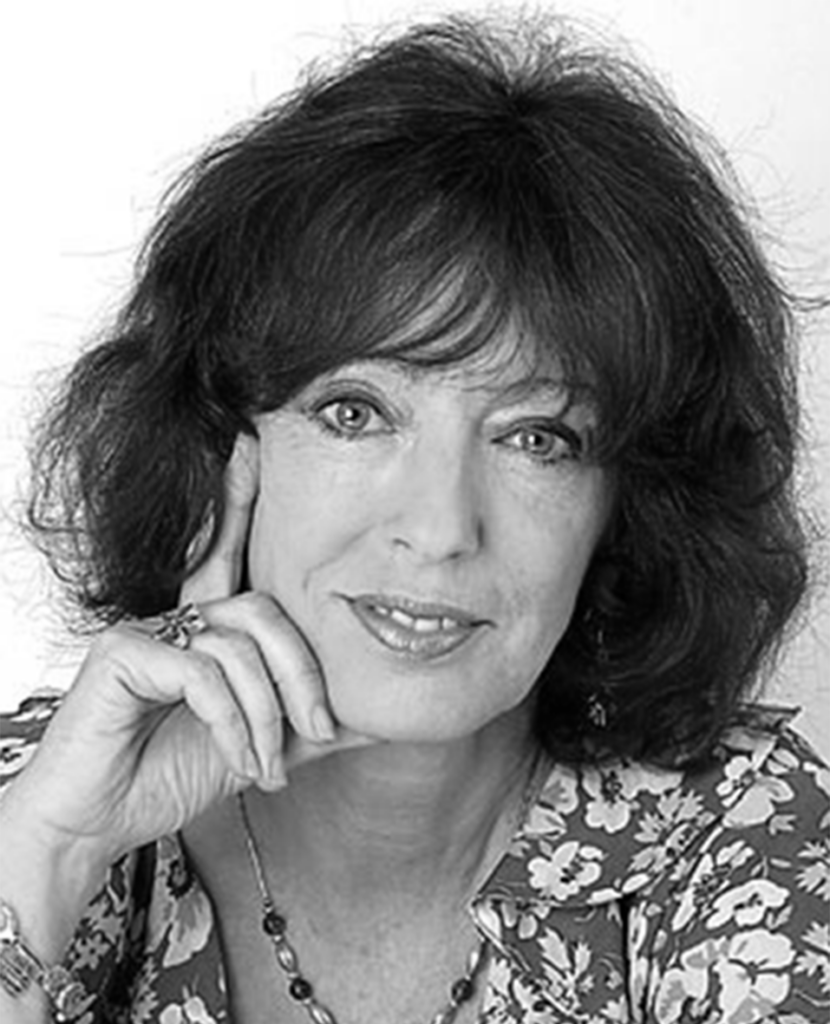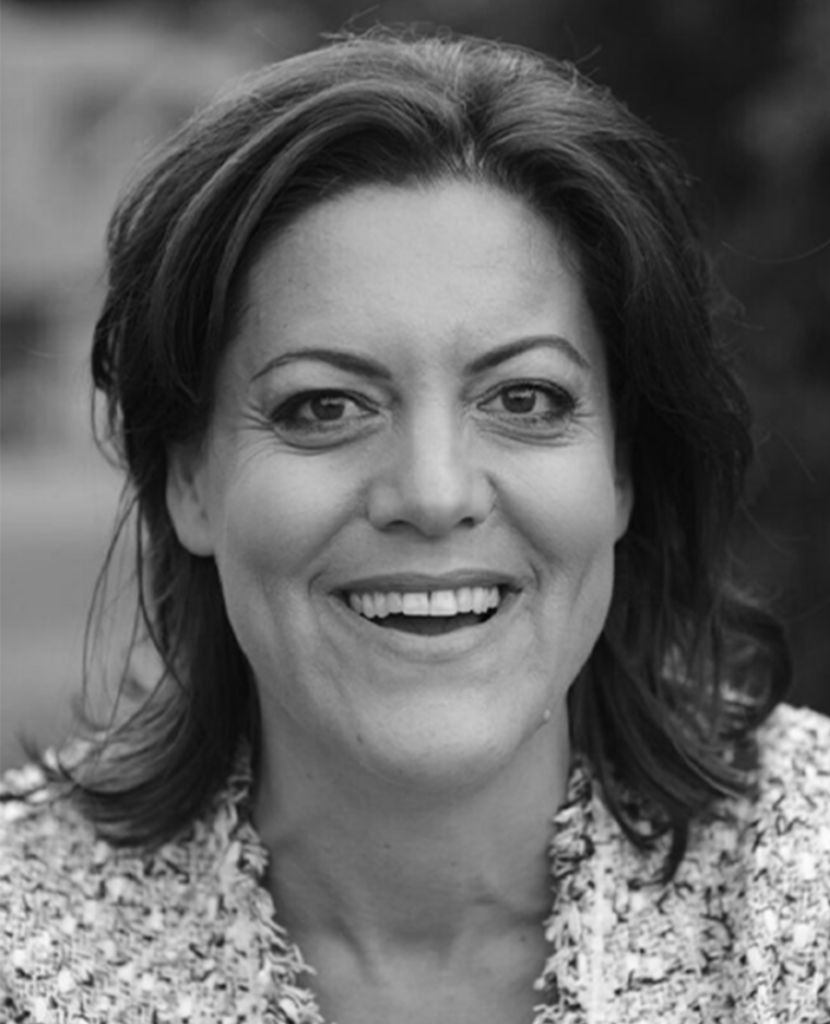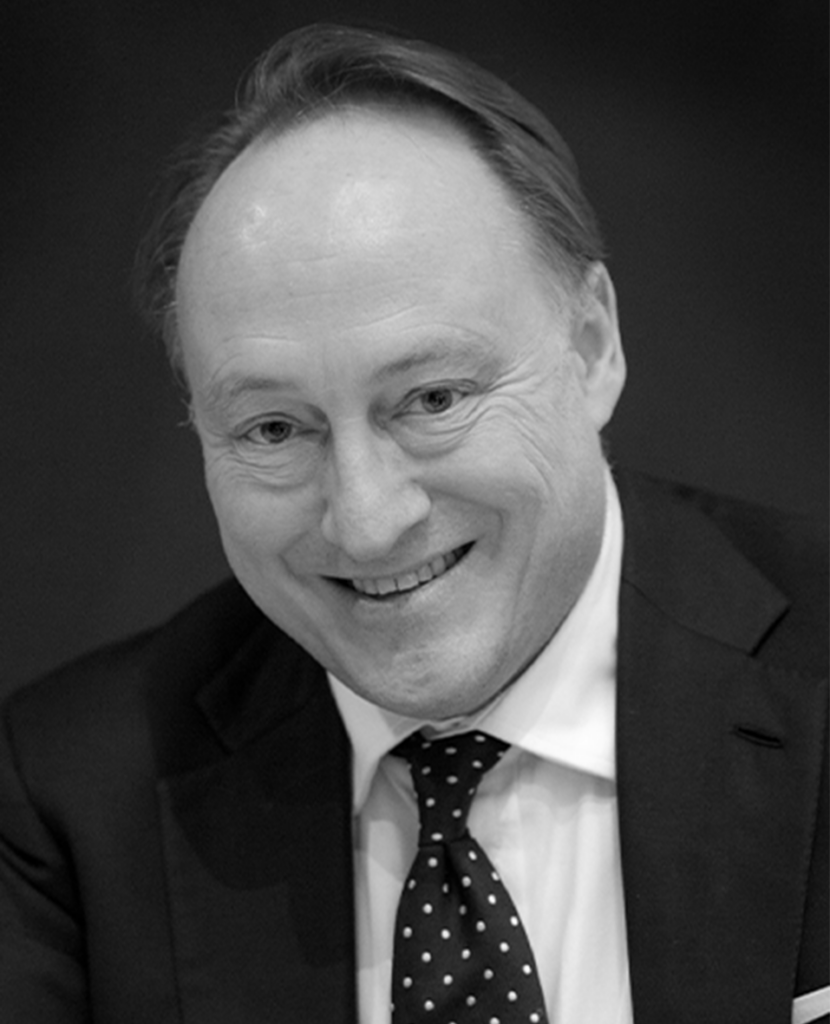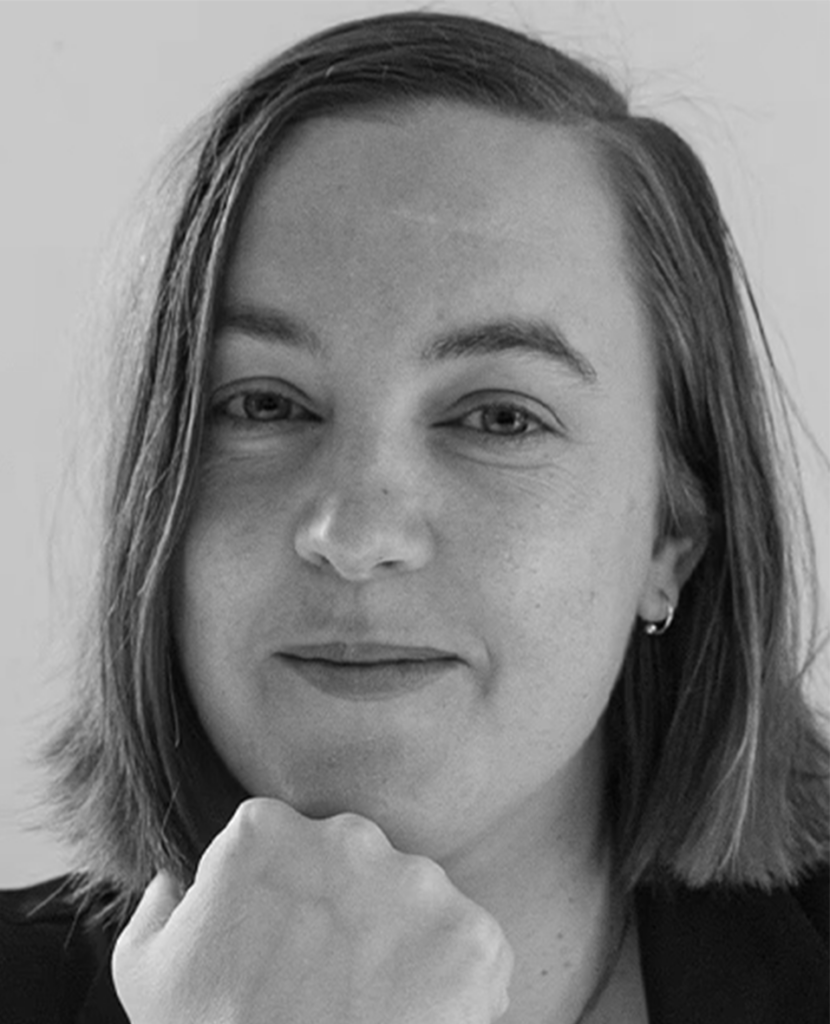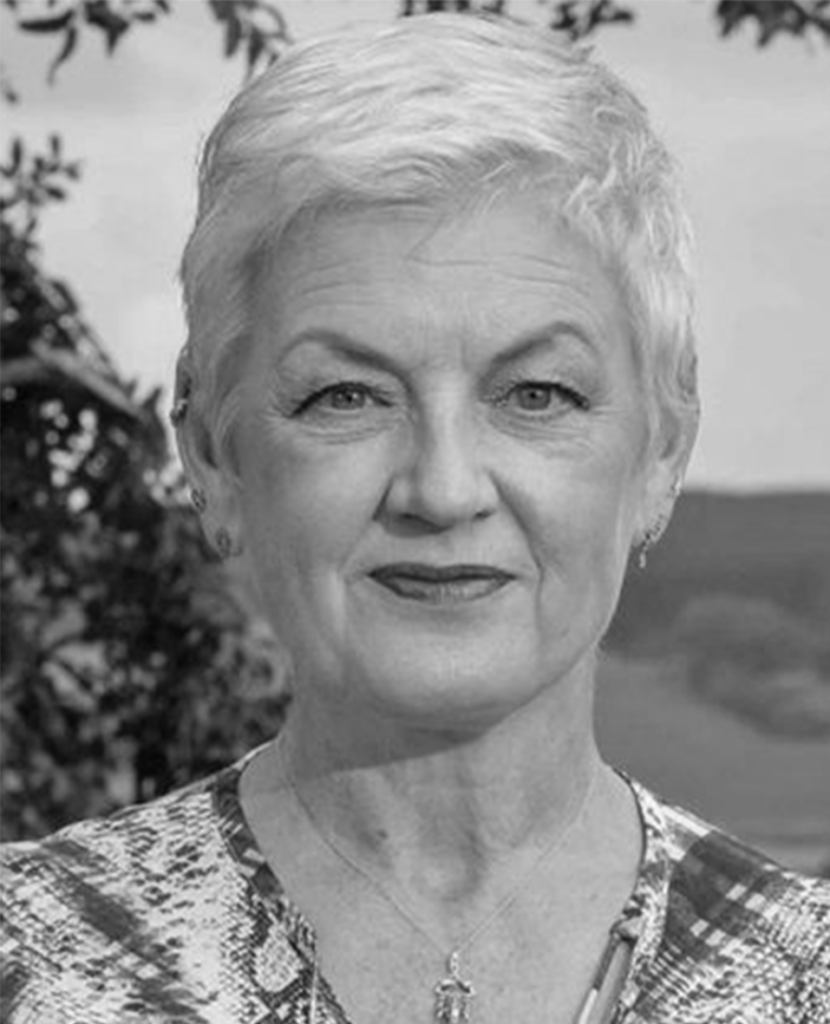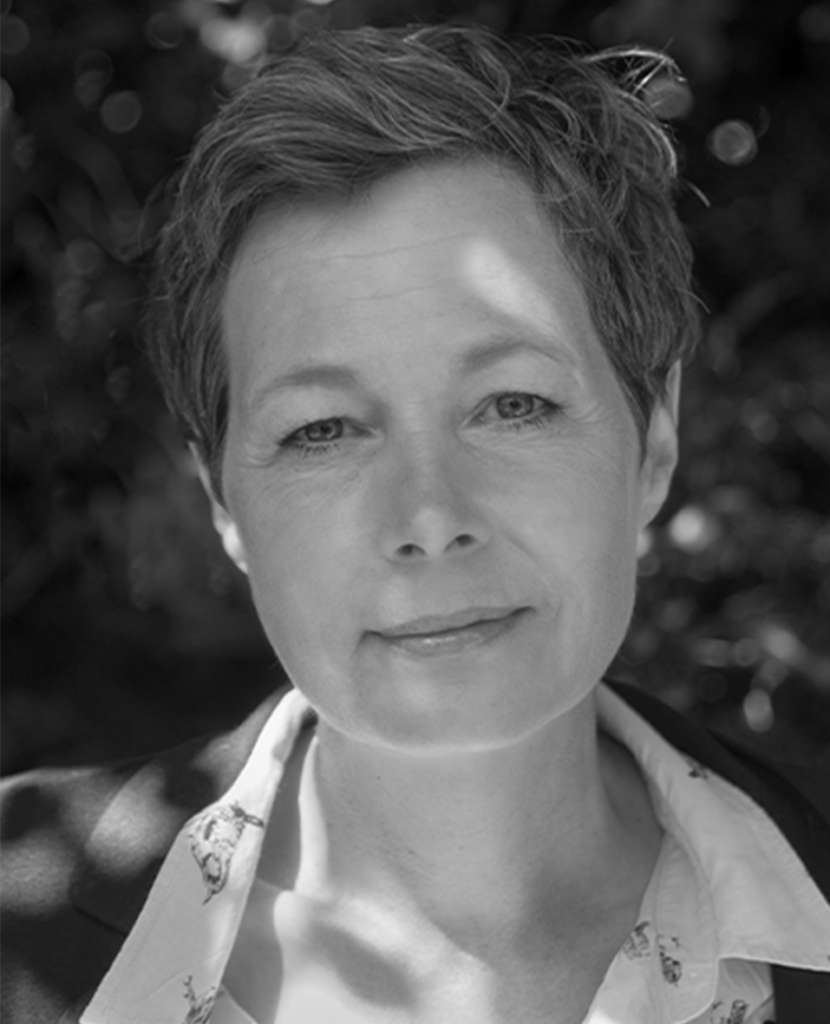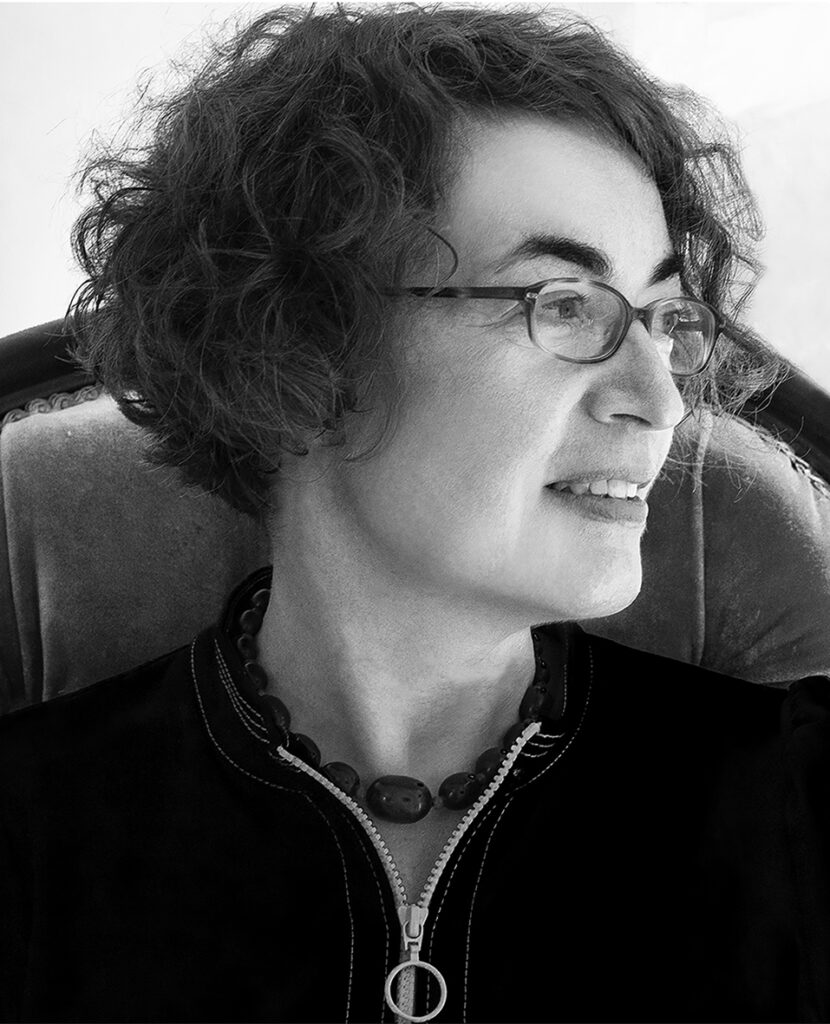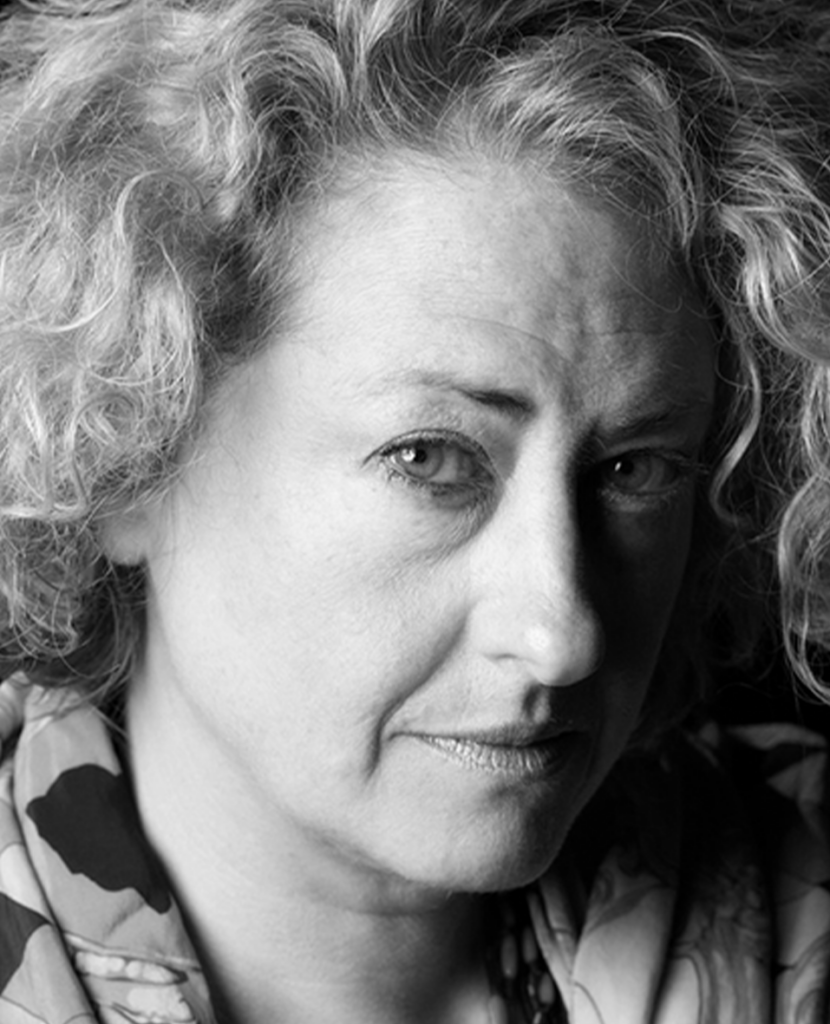
Alex Marwood
Writers’ Advisory Council
Alex Marwood spent a decade as a features writer and columnist for the UK press before her first crime novel, The Wicked Girls, won an Edgar Allen Poe award and became a word of mouth international bestseller. Her second, The Killer Next Door, won the Macavity award for best mystery novel, 2015. Of her novel The Darkest Secret, Stephen King said: “If there has been a better mystery-suspense story written in this decade, I can’t think of it.” Her latest, The Island of Lost Girls, was The Times’s Crime Book Of The Month in July, 2023.
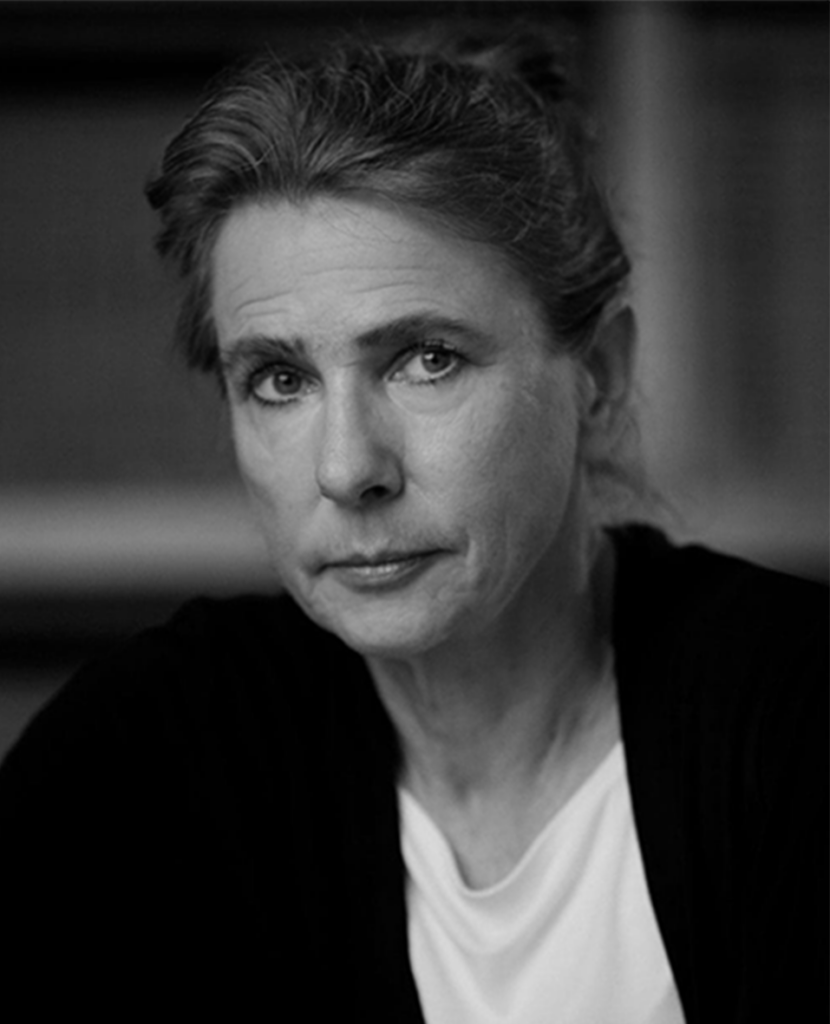
Lionel Shriver
Writers’ Advisory Council
Lionel Shriver is an American author and journalist who lives in the United Kingdom. Her novel We Need to Talk About Kevin won the Orange Prize for Fiction in 2005. Her most recent book is Abominations.
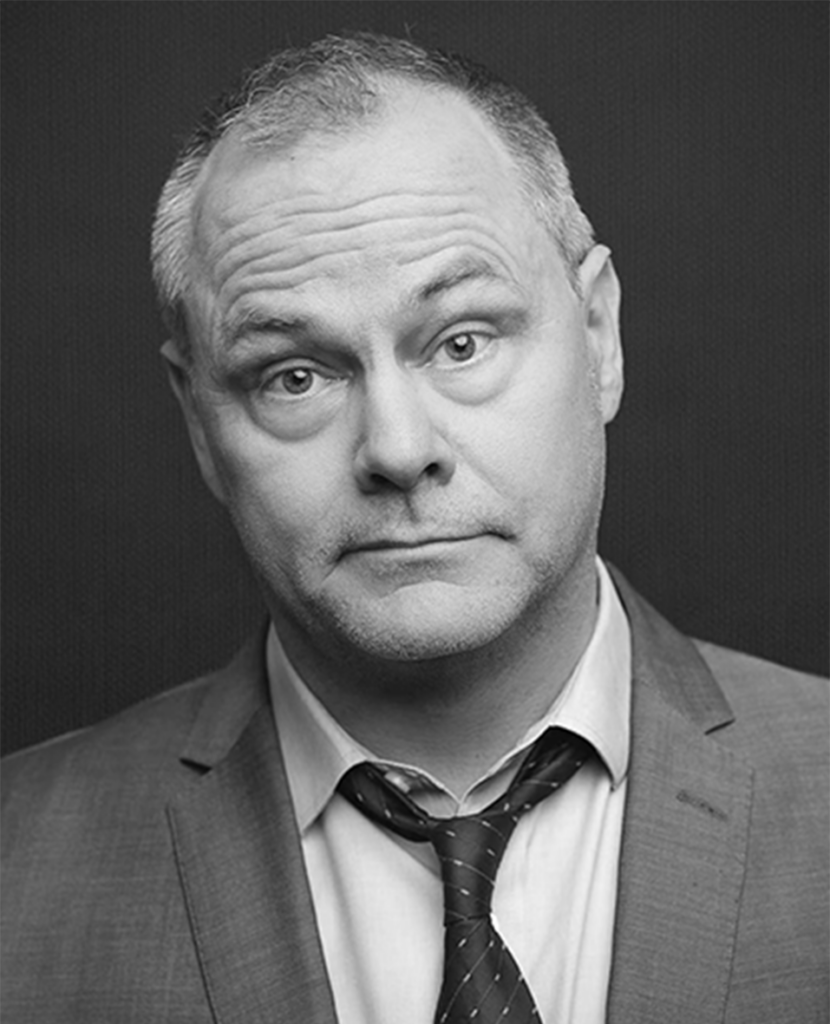
Jack Dee
Writers’ Advisory Council
Jack Dee is a comedian, actor, scriptwriter, radio and television presenter and author. He co-wrote and starred in the sitcom Lead Balloon and has published two books, Thanks for Nothing and What is Your Problem?
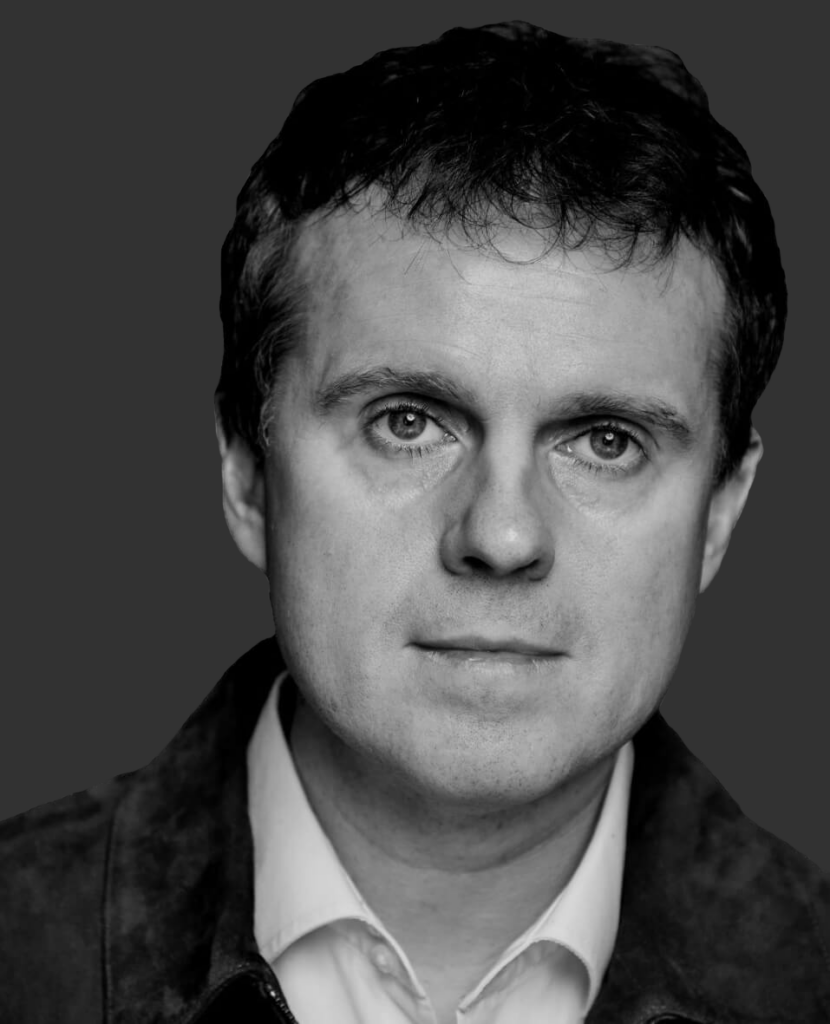
Dr Andrew Doyle
Writers’ Advisory Council
Andrew Doyle is a writer, presenter, producer, stand-up comedian and the creator of Titania McGrath. He has a degree in English and a doctorate in Early Renaissance Poetry from Wadham College, Oxford. His most recent books are Free Speech and Why It Matters and The New Puritans: How the Religion of Social Justice Captured the Western World.




